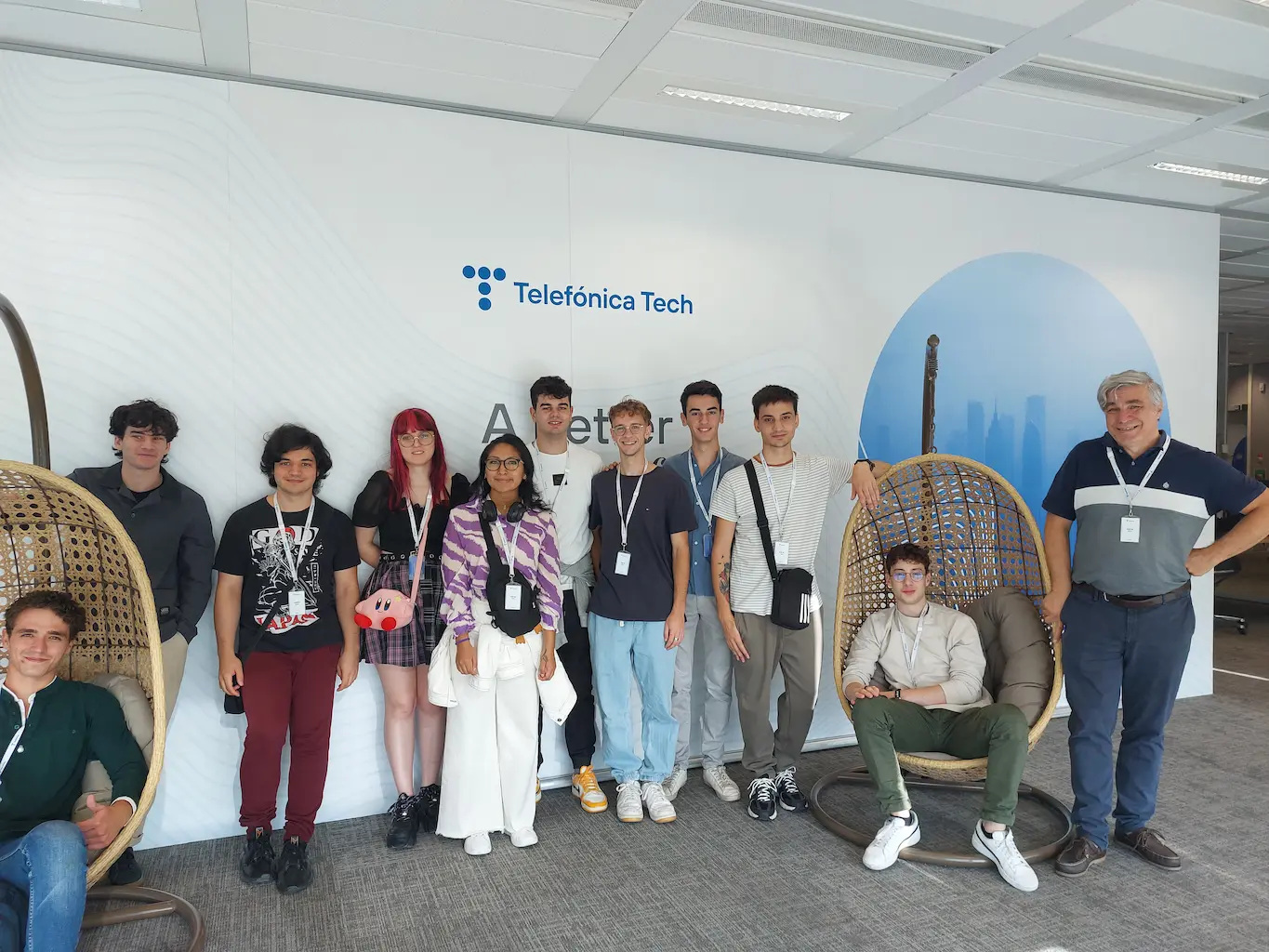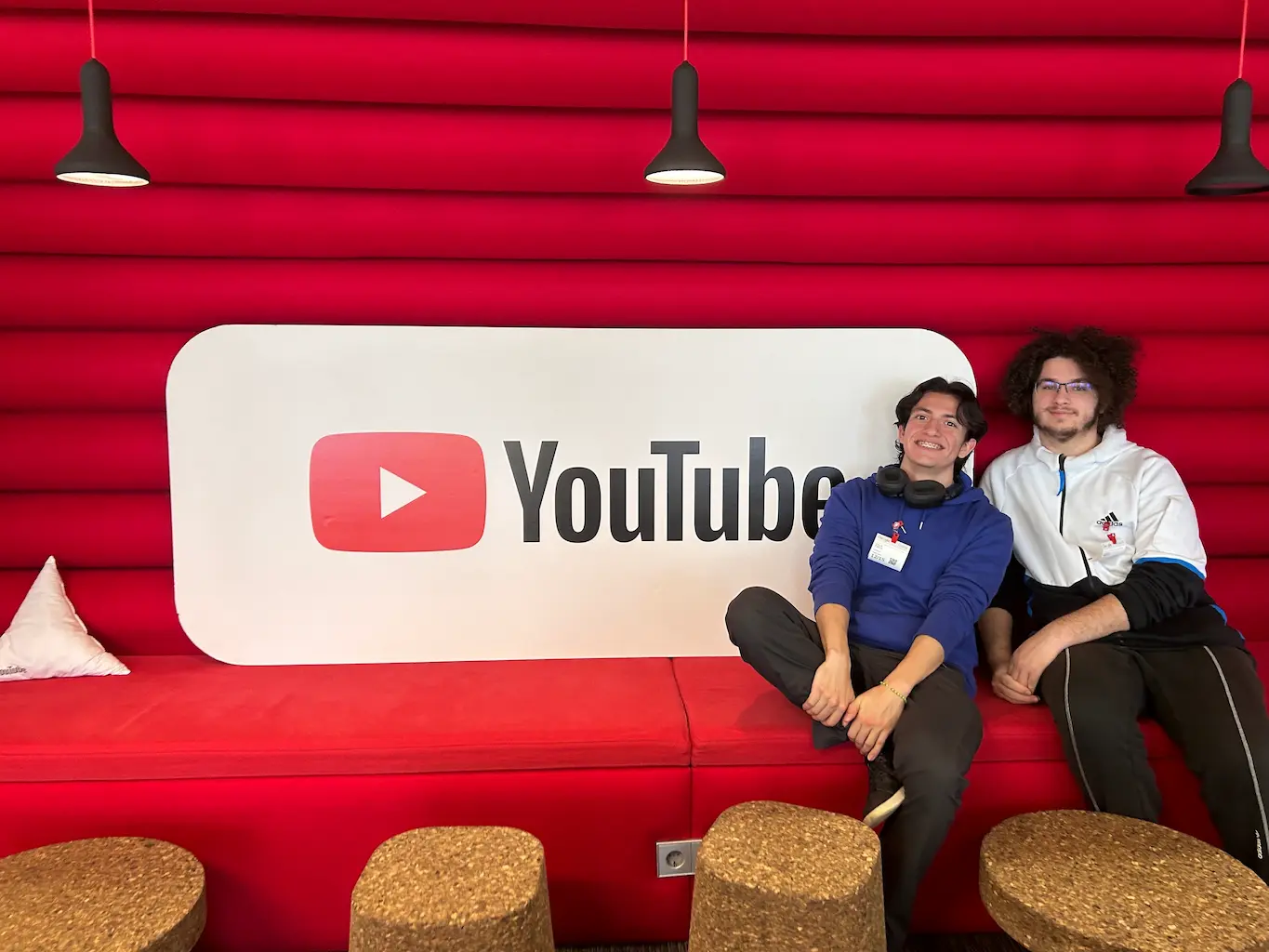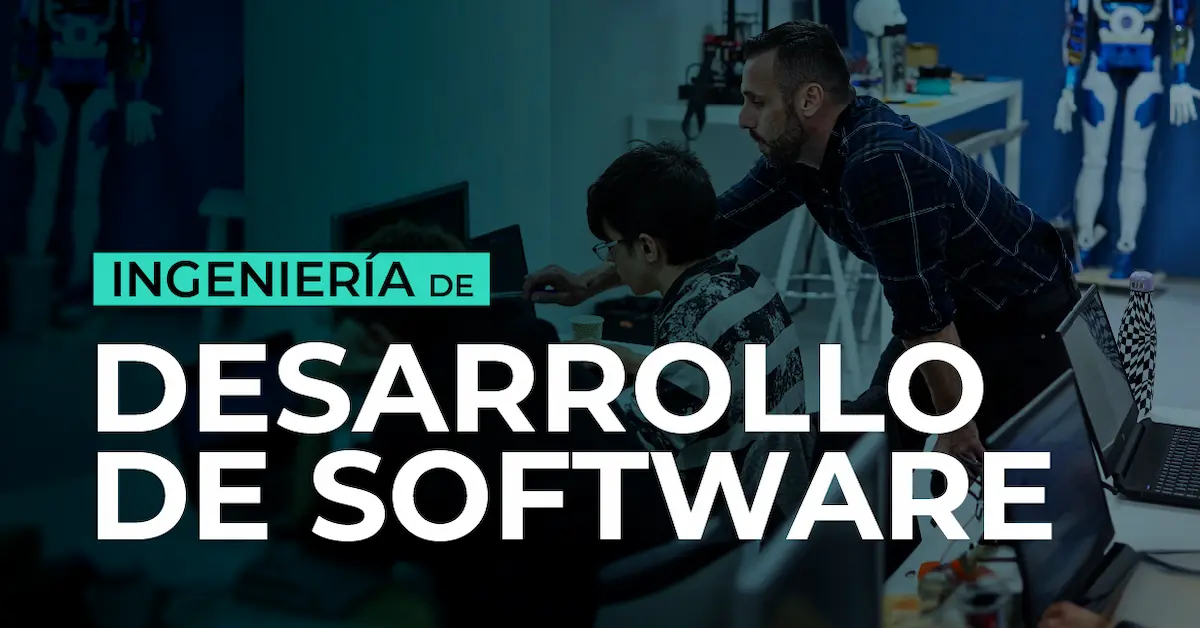Victor Deutschis the director of the Software Engineering programme, and director of the Programming&Web area at IMMUNE. We talked to him to find out more about the CEB, and what the day-to-day life of the students is like on and off campus.
What is the Software Engineering programme like?
Our programme in Software Development Engineeringor CEB, as we affectionately call it (Computer Entrepreunership Bachelor), is designed to software developersfor people who aspire to be software engineers.
For example, for a developer who is able to build his or her own applications in order to develop a digital product within a large corporation, or, for example, to be an important product manager in terms of knowing both the business and also the specific software development side. There is also a very important part of Human Science within the programme that gives the student notions of how to manage in a corporation, how to relate to people, how to work in a team or how to speak in public. Skills needed to work in today's corporate world
Why study Software Development Engineering?
Businesses today demand software engineering for their business processes. There has been a major shift in the corporate world. Many of the businesses that used to operate in the physical world are now practically operating in the virtual world.
Consider how banking, for example, has changed. From having a lot of physical branches, a large part of its operations are now done directly on the Internet or through online channels. Many, many companies are still in this transformation process.
What used to be a physical product becomes software, or an online service, and a lot of software-related elements appear. This is where software engineering becomes a critical element in companies' business processes.
What is the day-to-day life of the students like?
Very intense. They start with class hours in the morning. We try not to have lectures The students can have their theoretical content but spend most of the time working in teams, developing projects, working with software development, doing exercises that we can set up at any given moment. Then we monitor how they progress over time until they are able to deliver those projects.
They work hard also outside the classroomIn addition to what is done in the classroom, a large part of the time is spent working at home or working outside the classroom in order to complete the practical work, the exercises, and to continue progressing in the development of the subject.
What is campus life like?
Campus life is very diverse. The pupils have many areas where they can work. They have the classroom, of course, but they also have collaborative spaces where they can interact with each other, work as a team. They have rooms where they can gather to do certain tasks, they have digital media to connect, and even an agora where they can present their work.
They can also work at home connected to the different platforms. Everyone is working with their own team to integrate into the different activities, and then there are also a lot of leisure activities they can do.
They have here some means to practice sports, some are part of teams that then take part in different championships outside the Campus and in the activities of Human Science there are a number of group activities that can be developed such as public presentations, team building workshops.
We also do company visits so that they can see how work is done in different areas. For example, visits to the Telefónica security operations centre or to INCIBE in León. Or visits to leading companies in the technological world such as Google or HP, so that they can also have the experience of seeing how work is done in the corporate world.


What is the methodology?
The methodology is an eminently practical one: "learning by doing". Working on problems, solving increasingly complex problems.
This is like giving them a small box of tools that they can use and then a problem to solve with those tools. And over time we monitor how they progress with them, how they use them to solve problems better and better, and how they work as a team to solve complex problems that cannot be solved by one person alone.
This is complemented by some soft skills so that they know how to present it well, they know how to write a report well, they know how to transmit that content in a way that is readable by a corporation, they can easily enter the world of work.
They have a lot to do with the corporate world, on the basis that many of the teachers have had experience in companies, so we often know the things that they will have to deal with later on in a company. There is a very important relationship with different companies part of the CEB curriculum proposes internships in companies and we take great care that they have options, that companies can offer different possibilities for students to be inserted and then develop these internships within the corporate environment from there.
We also have different orientations on the final year of the CEB, students can specialise in cybersecurity, data scienceor on issues of robotics o artificial intelligence in such a way that they have different exits to which they can orient themselves.
What preparation does a student need to have to gain access?
Above all, a great desire to work. You have to be a person who knows how to work in a team, who can socialise with the rest of your colleagues. They are going to have to do a lot of team work, they have to have a base, probably a lot of passion for programming, for doing things, for creating different developments, there are people who like video games or mathematical problems or engineering problems more, but they have the enthusiasm to solve complex problems in some way and we are going to give them a series of tools so that they can do it.
He's going to be all the time working on solving those kinds of problems and we're going to give him those programming tools to do that.
What is it like to enter the world of work?
Today, these profiles are in high demand. Companies are in a process of accelerated digitalisation, so many of these processes are being transformed and need lines of code at the end, software that is supporting these business processes, these new ways of reaching customers, these new ways of working in the market, so this is becoming more and more pressing. companies' demand for professionals.
With this level of training, they can start working in a company or, as many of the students also plan to do, have their own personal projects, i.e. the CEB is conceived as a "training programme".Computer Entrepreneur Bachelor"whereby the the concept of the entrepreneur is there in the very name of the programme, people who are eager to have their own projects can use this knowledge to develop them.

